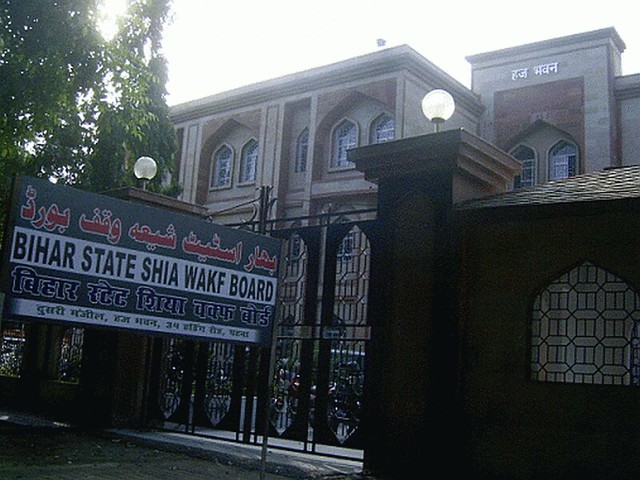By Mudassir Rizwan, TwoCircles.net,
New Delhi: In March, 2013 West Bengal Chief Minister, who also holds the charge of minority affairs and madrasa education, had announced honorarium for Muslim widows and divorced women. The honorarium, it was decided, would be given from the special funds of the Chief Minister, but would be delivered through State Waqf Board.
The idea of giving pension to divorcees or widows who have no one to take care, is part of the Wakf Bill of 2010. According to the amended Bill that passed in 2013, Waqf Boards are to provide payment for “maintenance to muslim women in terms of orders of a competent court, under the provisions of the Muslim Women (Protection of Rights on Divorce) Act, 1986.”

TCN tried contacting the respective state Waqf boards to gather the status. Here is what we gathered:
Andhra Pradesh: In 2012, AP State Wakf Board released Rs.12 Lakh for giving pensions to the Muslim widows. However, there appears no clarity on the scheme. All our efforts to contact the office of the Waqf Board was in vain.
Assam: Syed Rafique Ali, Chief Executive Officer of the Assam Waqf Board informed that it gives Rs 200 per month, as pension to one woman Sahera Begum from North Guwahati or over 15 years now, after a court order. There is no scheme of giving pension to divorced women.
Bihar: As per the notification of Department of Minority Welfare, a sum of Rs.10000 is given to Divorcee Muslim women. Md Irshadullah, Chairman of the Bihar State Sunni Wakf Board, told TCN that the scheme is running since 2007 and so far they have given the honorarium to 800 women.
Bihar was in fact the first state to start this scheme. The money comes from the Bihar government, and is distributed through the State Waqf board.
Chhattisgarh: Dr. S.A. Farooqui, Chief Executive Officer of the State Waqf Board said that the board had passed a resolution to give pension to old and divorced women in 2005, but for want of fund, they have not been able to implement it so far. He lamented that the little money they get from the government, goes into the payment of the salary of staffs.
Delhi: Muslim divorced women or widows get Rs 500 per month. The State Waqf Board, however, could not give any number of the beneficiaries.
Gujarat: G.S. Khan, Chief Executive Officer of Gujarat, said that they have no such scheme for widows, adding that they do give scholarships to students.
Jharkhand: Md. Nasim Khan, Chief Executive Officer of the State Waqf Board, appeared unaware and asked to call at his office. An office staff, who picked the phone said that the state has no such scheme yet.
Maharashtra: Staffs of the Maharashtra State Waqf Board appeared irritated when asked about any such scheme. Thy expressed their helplessness, adding, “We can implement any such scheme only if we have some fund. There are many issues currently in the Waqf Board, and we do not get much fund from the state government as well.”
Manipur: Since 2009, Manipur Waqf Board gives Rs 1000 per annum to widows. So far nearly 1000 women are the beneficiaries.
West Bengal: Justice Mohd. Abdul Ghani, Chairman of the West Bengal Waqf Board, informed TCN that they plan to give honorarium to about 20,000 women, and are in the process of distributing it.
The respective state Waqf boards of other states, including Andhra Pradesh, Karnataka, Tamil Nadu, Kerala, etc. either did not receive calls or said that no such scheme is in place. The contact number of Uttar Pradesh Waqf Board, as provided on the list of Central Waqf Council, appears to be no more in use.
In effect thus respective Waqf Boards of only three states, Bihar, Manipur and now West Bengal, give some honorarium to divorcee or widows. The case Chhattisgarh is interesting where a decision to this effect was taken in 2005, much before any other state, but this could not be implemented, due to lack of fund. Most other state Waqf Boards expressed their helplessness in implementing any such scheme for want of money and apathy of the respective state governments, that included states ruled by political parties of all colours.

